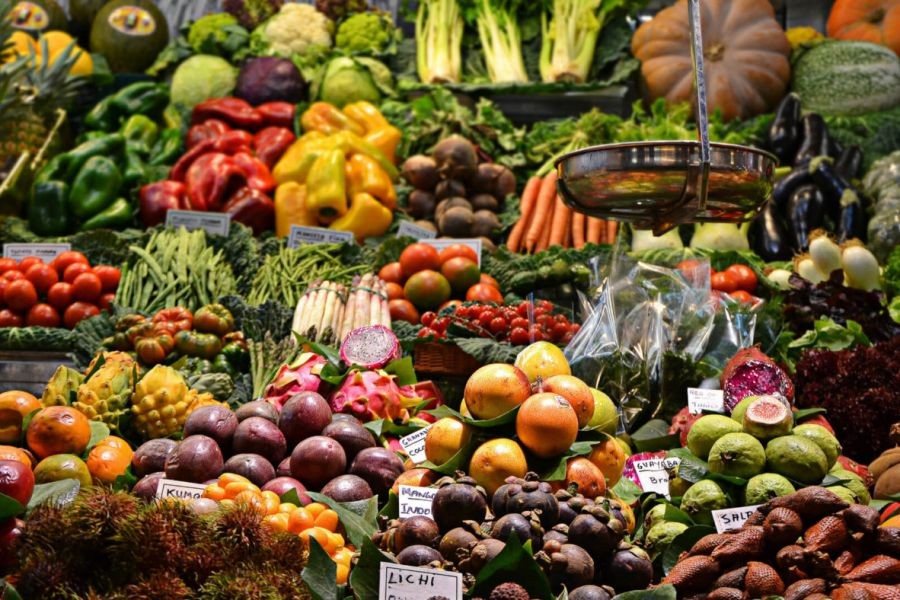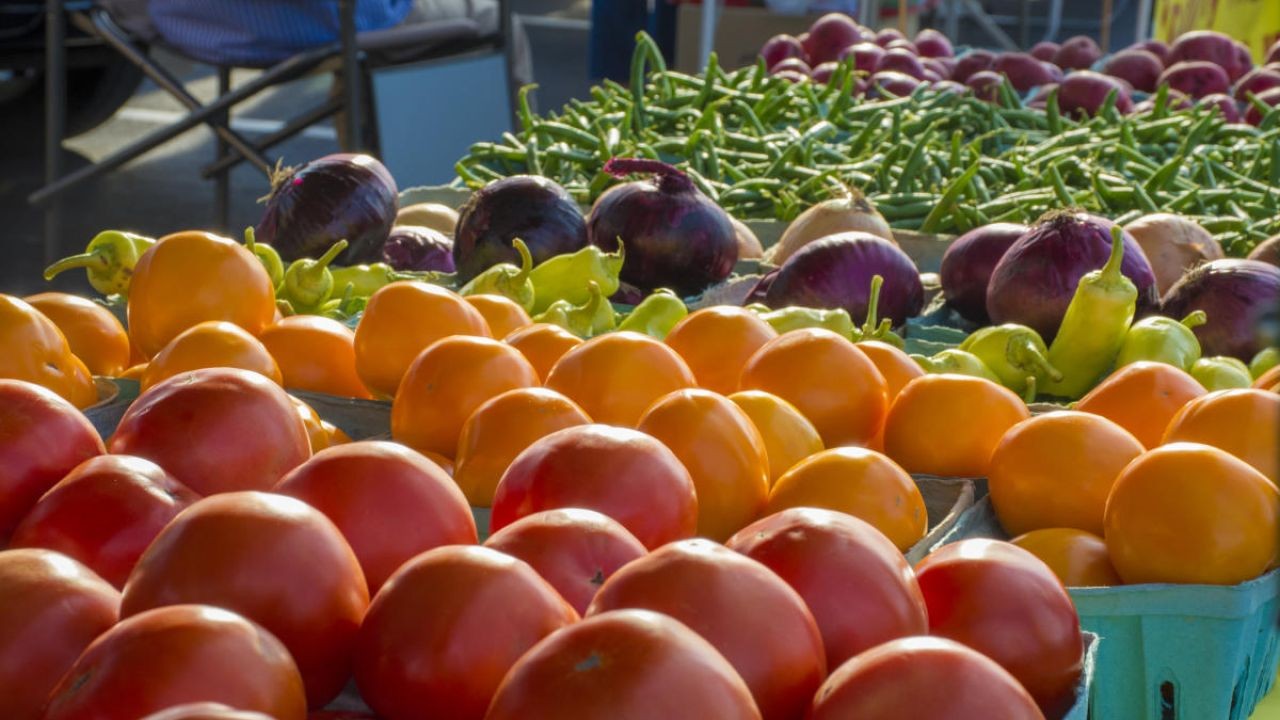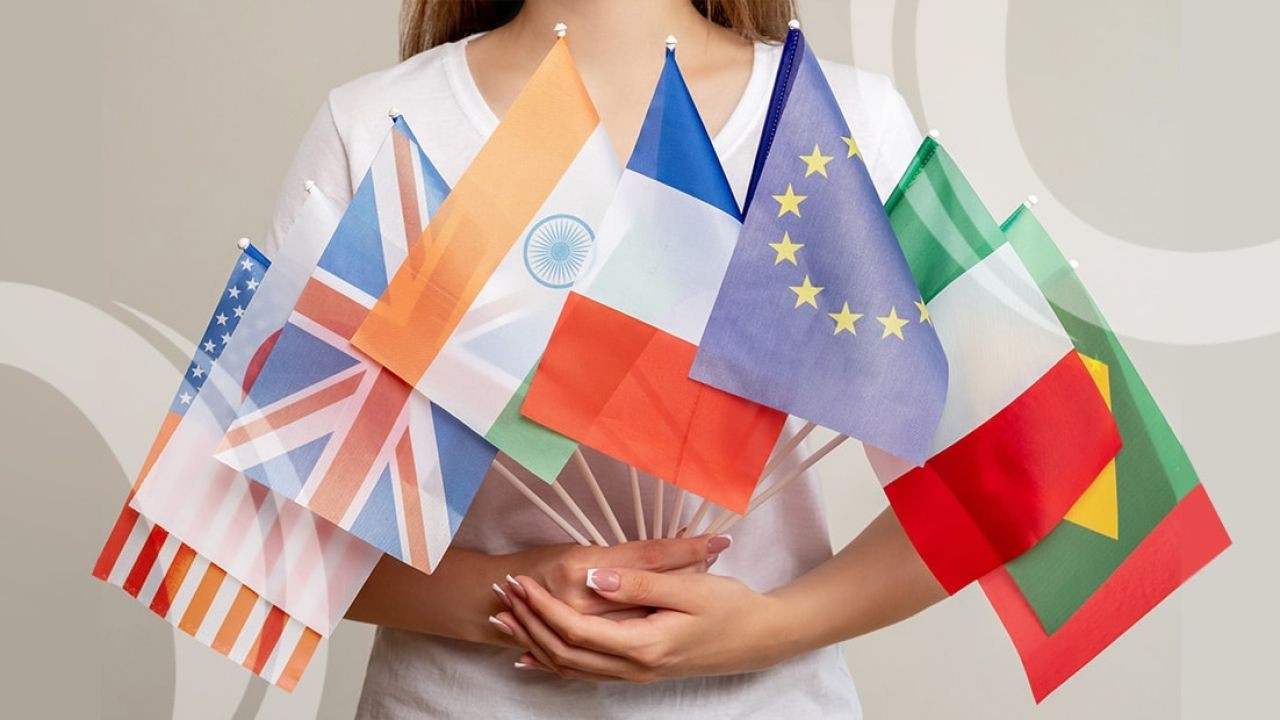New Zealand's economic landscape is often praised for its natural resources, yet there’s a growing debate on whether the country is overly dependent on exporting raw materials. As a country rich in dairy, forestry, and agriculture, this strategy has historically driven economic growth. However, with global market dynamics shifting and the rise of technology-driven industries, it's crucial to evaluate if this focus remains beneficial in the long term. Understanding the balance between traditional exports and diversification into high-value industries is pivotal for New Zealand's sustainable economic future.
The Current State of New Zealand's Export Economy
New Zealand’s economy has long been intertwined with its natural resources. According to Stats NZ, exports of goods and services accounted for 29% of GDP in 2022, with dairy and forestry being significant contributors. While this dependency on raw materials has served the nation well, there are risks associated with fluctuating global demand and commodity prices.
The Reserve Bank of New Zealand notes that the global demand for raw materials is subject to volatility, impacting the country's economic stability. Additionally, the environmental impact of these industries cannot be ignored, as sustainability becomes a growing concern for global consumers.
Case Study: The Dairy Industry
The dairy industry serves as a prime example of New Zealand’s reliance on raw materials. Fonterra, the world’s largest dairy exporter, has been a critical player. However, climate change policies and international trade agreements increasingly pressure the industry to adapt. The company has invested in sustainable practices, but the question remains if such measures are enough to future-proof against global shifts towards plant-based alternatives.
Comparative Analysis: Beyond Raw Materials
Many nations have successfully diversified their economies by investing in technology, innovation, and services. Take Singapore, for example, which transformed from a trade-dependent economy into a global financial hub. New Zealand can learn from such models by enhancing its tech sector, which already shows promise with startups in fintech and agtech gaining traction.
Furthermore, according to MBIE, the tech sector in New Zealand has seen a growth rate of 11.4% annually, indicating potential for expansion. By fostering innovation and providing incentives for tech startups, New Zealand can reduce its reliance on raw materials.
Pros and Cons of Focusing on Raw Materials
Pros:
- Economic Stability: Established markets for dairy and forestry provide a steady income stream.
- Global Demand: Rising populations continue to maintain demand for these essential goods.
- Employment Opportunities: These industries are significant employers in rural communities.
Cons:
- Market Volatility: Subject to the whims of global commodity prices.
- Environmental Concerns: High environmental costs associated with agriculture and forestry.
- Limited Growth Potential: Raw material exports offer lower margins compared to high-value industries.
Debunking Common Myths
Myth: "Raw materials will always be in high demand." Reality: While demand for essential goods persists, shifts towards sustainability and plant-based alternatives are reducing reliance on traditional raw materials.
Myth: "Diversifying is too risky for the economy." Reality: History shows that economies like Singapore have thrived by diversifying beyond traditional industries, reducing risk through innovation and technology.
Future Trends and Predictions
By 2030, New Zealand is expected to see significant advancements in its tech sector, with potential contributions to GDP increasing from 8% to 15% (Source: NZTech). The push towards innovation will likely be driven by government policies favoring tech investments and sustainable practices, providing a balanced approach to economic growth.
Conclusion
New Zealand stands at a crossroads, where the balance between traditional raw material exports and innovative sectors will define its economic trajectory. By learning from global examples and leveraging its unique strengths, New Zealand can craft an economic strategy that ensures long-term prosperity and sustainability. What’s your take? Could diversification be New Zealand’s key to a resilient economy? Share your insights below!
People Also Ask (FAQ)
- How does focusing on raw materials impact New Zealand’s economy? New Zealand's focus on raw materials provides economic stability but limits growth potential compared to high-value sectors like technology.
- What are the biggest misconceptions about New Zealand’s export strategy? A common myth is that raw materials will always be in demand. However, trends show a shift towards sustainable and plant-based products.
Related Search Queries
- New Zealand export economy
- Raw materials export strategy
- New Zealand technology sector growth
- Dairy industry sustainability
- Economic diversification strategies
































kayleighwanless9439
8 months ago